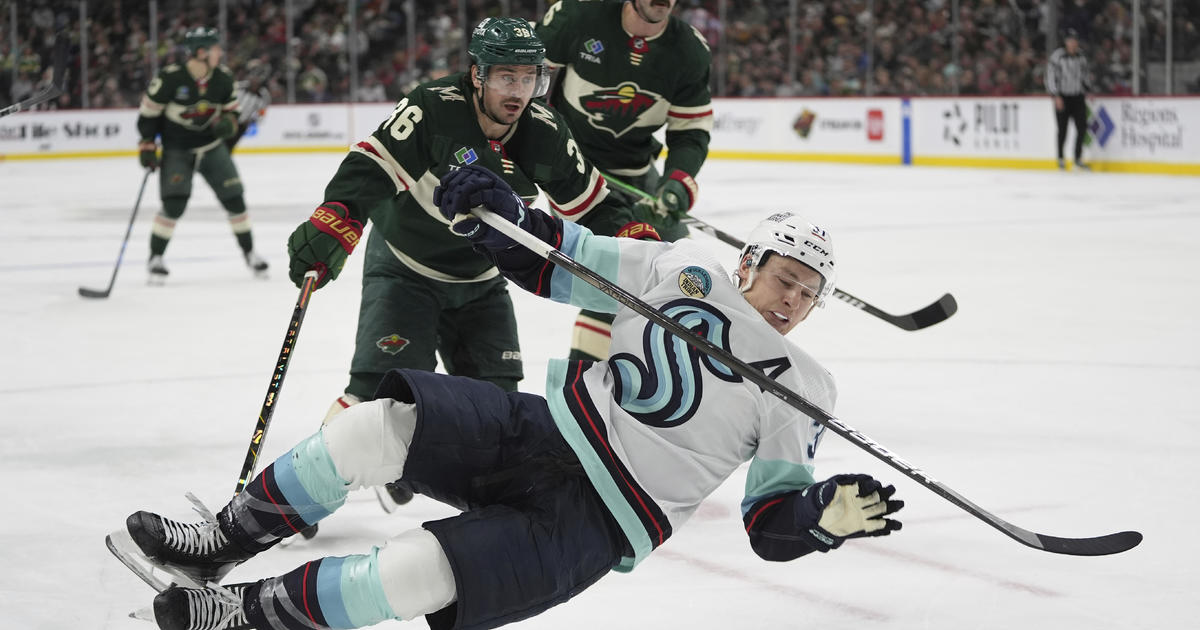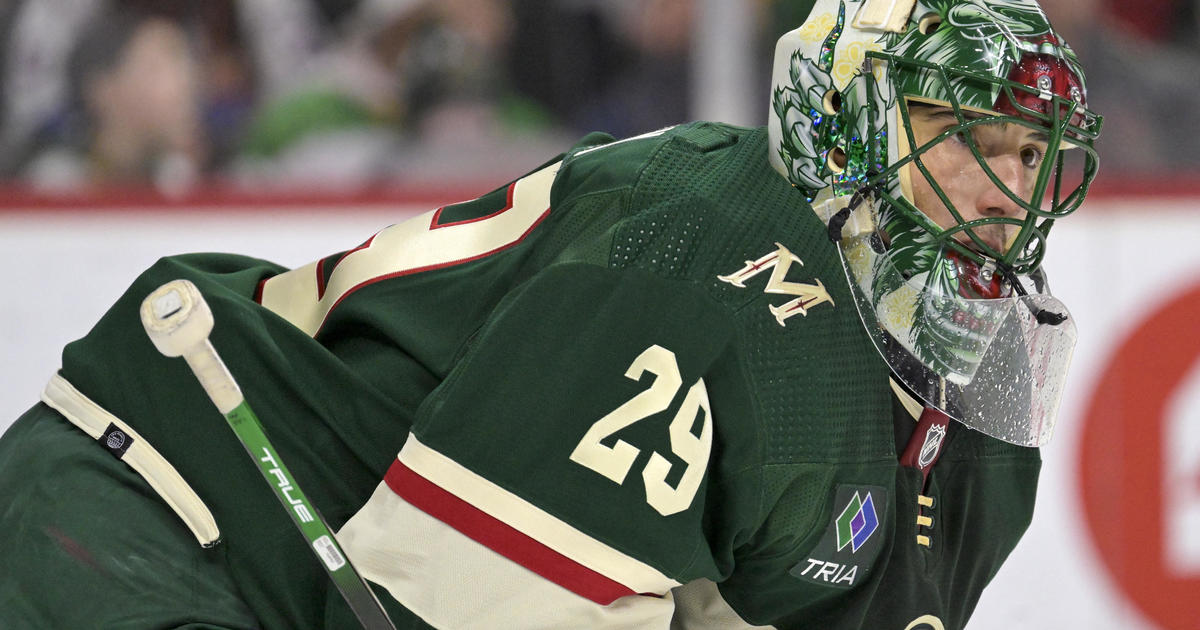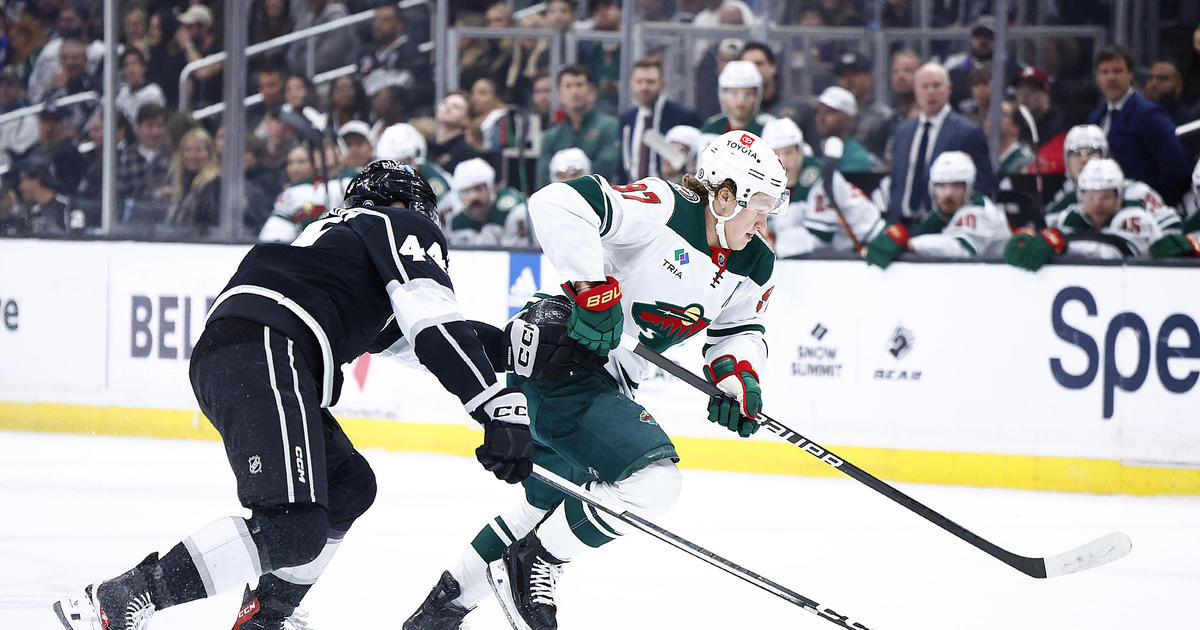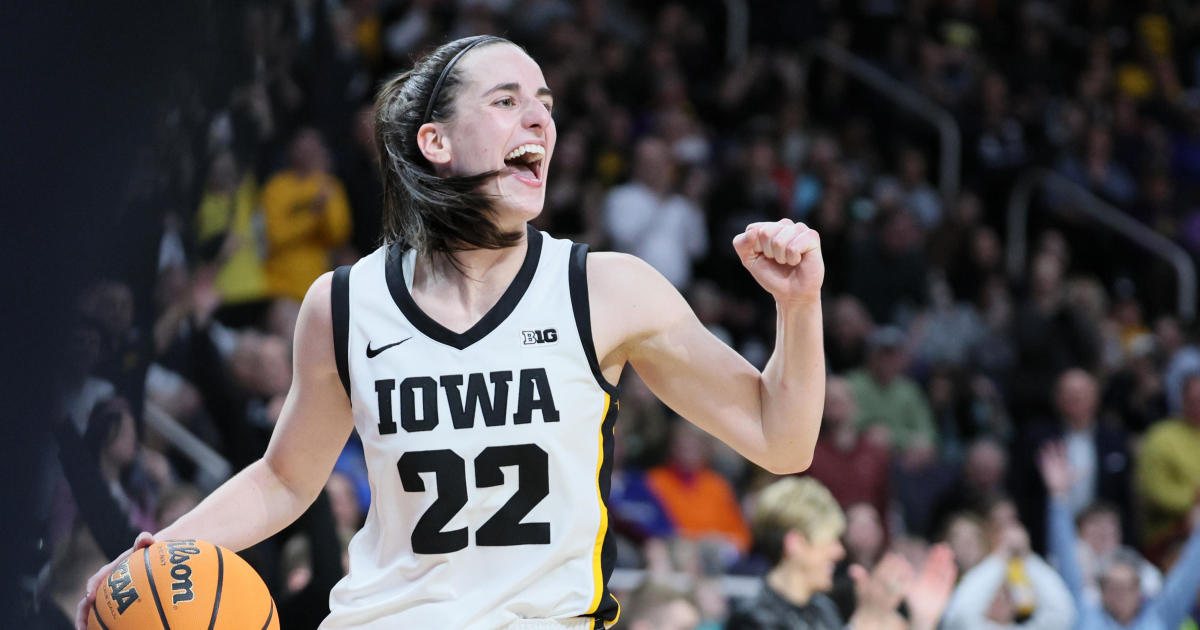Wild Blog: Playoff Preview, Wild Vs. Blackhawks
by Craig D. Schroepfer, @CDSWCCO
For the second year in a row, the Minnesota Wild has eliminated the Central Division champion from the Stanley Cup Playoffs. Last year it was the Colorado Avalanche, this year it was the St. Louis Blues.
And for the second year in a row, Minnesota's reward is to face the Chicago Blackhawks.
This will be the third post-season in a row that Minnesota and Chicago will play each other. In 2013, the Blackhawks were an experienced team who knew how to win and dispatched a Wild team, that qualified for the playoffs on the final day of the season, in five games.
Last year Minnesota showed they could skate with Chicago on home ice but couldn't find a way to win on the road. A Patrick Kane overtime goal ended Minnesota's season in six games.
So the question is does Chicago still have an edge over the Wild? Or is the third time a charm for Minnesota?
Let's go to the tale of the tape.
FORWARDS
In the series against St. Louis, Minnesota got points from 11 different forwards, spread out over four lines. Zach Parise leads the team in points with seven and is tied with Nino Neiderreiter for the team lead in goals with three each.
Jason Pominville (2G, 3A) and Mikael Granlund (1G, 4A) are tied for second on the Wild with five points this post-season.
What this shows is that the Wild have depth at forward that can produce goals, something the team hasn't had during the last two post-seasons. This depth is crucial in this series because Chicago has some of the best forwards in hockey.
Jonathan Toews is the captain of the Blackhawks and leads the team with eight points in the playoffs. Toews is also tied for the team lead in goals with Patrick Sharp as they both have three each.
Patrick Kane has returned from a broken collarbone he suffered in February and is second on the team in scoring in the playoffs with seven points (2G, 5A). Much like Vladimir Tarasenko with St. Louis, Kane is the most dangerous player on the ice for Chicago.
Two forward for the Blackhawks who have yet to find the back of the net are Marian Hossa and Bryan Bickell. Hossa is one of the elite scorers in the NHL and has five assists this post-season. Bickell, even though he has two points in the playoffs, has been a thorn in the Wild's side the last two springs, scoring seven goals in 11 playoff games.
DEFENSEMAN
One of the reasons that Chicago has been an elite team over the last few years is because of their blueline.
Led by two times Norris Trophy winner Duncan Keith, the Blackhawks have three of the best defenseman in the NHL in Keith, Brent Seabrook and Niklas Hjalmarsson.
Keith leads all Chicago defenseman in scoring with seven points (2G, 5A) and is a +3 in the post-season. Keith's partner on the blueline, Seabrook is second in scoring among defenseman with four points (2G, 2A) and is also a +3.
Quite simply, Keith and Seabrook are the best defensive duo of any team in the playoffs. Add Hjalmarsson, who would be a number one defenseman on most NHL teams, and you have arguably the best trio of defenseman any team has in the playoffs.
This is brought up because for many years, the blueline for Minnesota has not been able to match up with Chicago. However that gap may be closing. The reason for that is because of the second defensive pairing of Marco Scandella and Jared Spurgeon.
Scandella had a breakout year for the Wild and saw that carry over in the series vs. St. Louis. Scandella has two goals and an assist and is a +5 on the ice, best among any defenseman in the Western Conference.
Scandella's partner on the ice, Spurgeon, has a power play goal and a power play assist in the playoffs and is a +3 on the ice. This duo was the most effective defensive pairing against St. Louis and will have to repeat that performance against Chicago.
The top defenseman for Minnesota, Ryan Suter had a bad series, by his standards, against St. Louis. Suter had only one assist and was a -3 on the ice. Suter will have to be better as he and Jonas Brodin will be matched against Chicago's first line for most of the series.
The most pleasant surprise for the Wild in the playoffs has to be the development of Matt Dumba.
Dumba, who is known for having a booming slapshot, has been great in transition, bringing the puck up the ice. Two things teams look for in a defenseman is how good is their shot from the blueline and how well they can move the puck. Dumba looks like he can do both and should play a role in any offensive success for the Wild in this series.
GOALTENDING
Usually in this comparison, the goaltender who has won a Stanley Cup has the edge. However that isn't the case in this series.
Blackhawks goaltender Corey Crawford had a horrendous start to the playoffs, giving up three goals in the first period of Game 1 vs. Nashville before being pulled in favor of Scott Darling. Game 2 didn't go much better as Crawford gave up six goals in a 6-2 loss.
Crawford would not appear again until midway through Game 6, stopping all 10 shots he faced as the Blackhawks eliminated the Predators.
Crawford has a save percentage of .850 and a goals-against average of 4.19 in the post-season and is set to start in Game 1 against Minnesota. Don't be surprised if we see Scott Darling again at some point during this series.
Darling has a save percentage of .936 and a goals-against average of 2.21 and has played well in relief of Crawford.
A goaltending controversy is something Minnesota doesn't have to worry about as Devan Dubnyk has owned the net since joining the team back in January.
So far in the post-season, Dubnyk has a save percentage of .913 and a Goals-Against Average of 2.32.
The most remarkable thing about Dubnyk is how he bounced back after giving up six goals in Game 4, his worst game as a member of the Wild. In Games 5 and 6, Dubnyk stopped 66 of the 68 shots he faced, giving up only one goal in each game, closing out the Blues in the process.
SPECIAL TEAMS
When it comes to the power play, Minnesota is making the most of their chances.
The Wild has scored four goals in 12 opportunities giving them the best power play percentage in the playoffs at 33.3 percent. While on the man advantage, Minnesota has only given up one goal.
The penalty kill hasn't been bad either as the Wild has only given up two goals on 11 shots. Minnesota also has a short-handed goal to their credit in the playoffs.
Chicago's special teams have been sub par to say the least. On the power play, the Blackhawks have scored three goals on 19 shots while on their penalty kill has been weak, giving up six goals on 22 shots this post-season.
COACHING
This will be the third playoff meeting between Joel Quennville and Mike Yeo.
Quennville's playoff record speaks for itself. During his time in Chicago, Quennville is 61-39 with seven playoff appearances and two Stanley Cup wins.
While Yeo's playoff record (11-13) is nowhere near Quennville's, the Wild have gotten better each year under his watch.
More importantly, Yeo may finally have the talent and depth to be able to match lines with Quennville.
X-FACTOR
The X-Factor in this series comes down to depth, as in whose forwards are better.
If you look at the top six for Chicago (Toews, Hossa, Kane, Bickell, Brandon Saad and Brad Richards) and compared them to Minnesota's top six (Parise, Granlund, Pominville, Mikko Koivu, Jason Zucker and Chris Stewart) you would have to give the edge to Chicago based on talent alone.
However, when you look at the bottom six for Chicago (Sharp, Antoine Vermette, Teuvo Teravainen, Marcus Kruger, Andrew Shaw and Andrew Desjardins) and compare them with Minnesota's bottom six (Neiderreiter, Thomas Vanek, Charlie Coyle, Kyle Brodziak, Justin Fontaine and either Sean Bergenheim or Matt Cooke) the gap in talent between the two teams isn't as big as it has been during the previous two meetings in the playoffs.
This is important because in the playoffs the benches get shorter as the game goes on. The players on the bottom six of each forward unit will usually see their ice time decrease as the game goes on.
For a team as deep as Chicago that isn't an issue as they can usually roll three to four lines through an entire game. In the past Minnesota was a two line team. Now the Wild have quality depth at forward where they can skate three to four lines as well.
PREDICTION:
For the last two years Chicago has been an elite team while Minnesota is a team who is learning how to win.
That gap in talent between the two teams is closing however and one thing the Wild has shown it can do is skate with the Blackhawks.
For Minnesota to win this series, they have to find a way to win at United Center (0-6 in the post-season), their bottom six has to outplay Chicago's bottom six, and most importantly, the blueline needs to find a way to contain Kane and keep Hossa and Bickell off the score sheet.
In 2013, the Wild were taught a lesson by the Blackhawks. A year later, the Wild learned from that lesson and showed they could compete with the Blackhawks but weren't able to finish.
In 2015, Minnesota is a deeper, hungrier team and has the edge in goal. The Wild know that if they want to become an elite team they need to find a way to get by a Blackhawk team that is very good but not as dominant as in years past.
This is the best series in the second round and I think it goes seven games. And I think the third time is a charm for Minnesota as they win the series and move on to the Western Conference finals.
MINNESOTA WINS IN SEVEN GAMES



